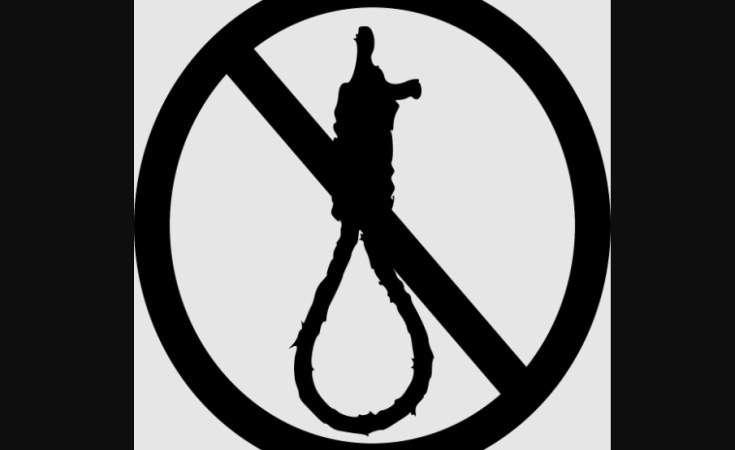THE Private Member's Bill to abolish the death penalty in Zimbabwe yesterday received Cabinet backing, basically assuring that it will be passed by Parliament, with life imprisonment now becoming the maximum sentence for aggravated murder.
Information, Publicity and Broadcasting Services Minister Dr Jenfan Muswere said after yesterday's Cabinet meeting that while approving the Bill to abolish the death penalty, Cabinet still wanted the new law to impose lengthy sentences to deter murder.
It was agreed that the circumstances that attracted the death penalty in the past, where the murder was committed against a prison or police officer, or a minor or pregnant woman, or was committed in the course of other serious crimes or where there was pre-meditation, then a suitable severe penalty was needed.
"In view of the need to retain the deterrent element in sentencing murderers, it is expected that the new law will impose lengthy sentences without violating the right to life," said Dr Muswere.
The Private Member's Bill was introduced in the National Assembly last year with the aim of abolishing the death penalty through the amendment to the Criminal Law Code and the Criminal Procedure and Evidence Act.
This was done after countrywide grassroots consultations in 30 districts, three districts in each of the 10 provinces in the country, after which a report was produced.
"From these consultations, critical comments and views were expressed for, and against the death penalty," said Dr Muswere.
The approval of the Bill comes after a moratorium on executions in the country for more than 18 years, a moratorium led by the Executive, and with those under sentence of death having their sentences in time commuted to life imprisonment.
The Constitution protects the right to life, but states that a law may permit a court, in limited circumstances, to impose the death penalty on men convicted of aggravated murder.
The new Bill when enacted prohibits courts from imposing a death penalty and when the Supreme Court hears an appeal against capital punishment emanating from the High Court, it is obliged to replace it with another sentence.
Clause two of the Bill states that: "Notwithstanding any other law no court shall impose sentence of death upon a person for any offence, whenever committed, but instead shall impose whatever other competent sentence is appropriate in the circumstances of the case; the Supreme Court shall not confirm a sentence of death imposed upon an appellant, whenever that sentence may have been imposed, but instead shall substitute whatever other competent sentence is appropriate in the circumstances of the case; no sentence of death, whenever imposed, shall be carried out."
Clause Three will amend the Criminal Procedure and Evidence Act by deleting references to the death penalty and repealing sections that set out how the penalty is to be imposed and carried out.
Clause Four will remove a reference to the death penalty from section Four of the Genocide Act, which allows it to be imposed for the crime of genocide.
These prisoners under sentence of death will be brought before the High Court for re-sentencing, and the court will have power to impose any appropriate sentence on them, taking into account all the circumstances including the nature of the crimes they committed, the length of time they have been in prison awaiting execution, their health and the likelihood of their committing further crimes.
However, such prisoners can appeal to the Supreme Court against their new sentences and are allowed to apply to the President for clemency under Section 112 of the Constitution.
Zimbabwe as an independent nation was wary of the death penalty from the beginning and had dumped and replaced a multitude of colonial laws with hanging clauses, even the option of a death penalty for some ordinary crimes, leaving a death sentence only for murder without extenuating circumstances.
Hanging required a positive decision by a Cabinet majority under the 1980 Constitution, and it became apparent during the 1990s that there was a growing abhorrence of implementing that sentence.
This saw the growing number of Presidential clemency orders substituting sentences of life imprisonment, a procedure that has now been routine for a long time.


